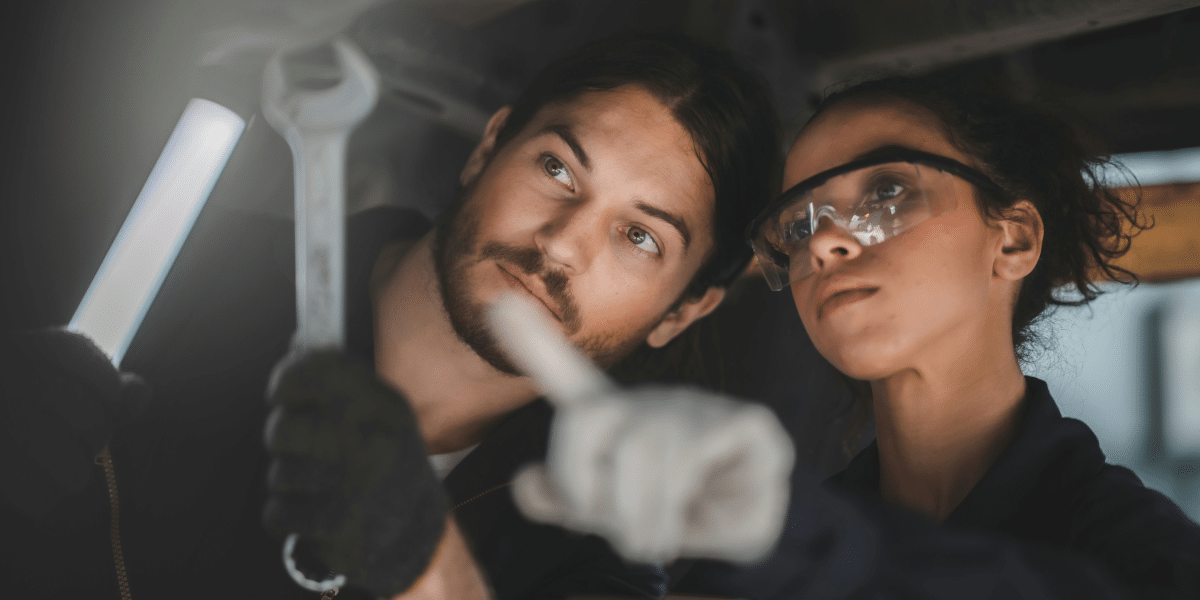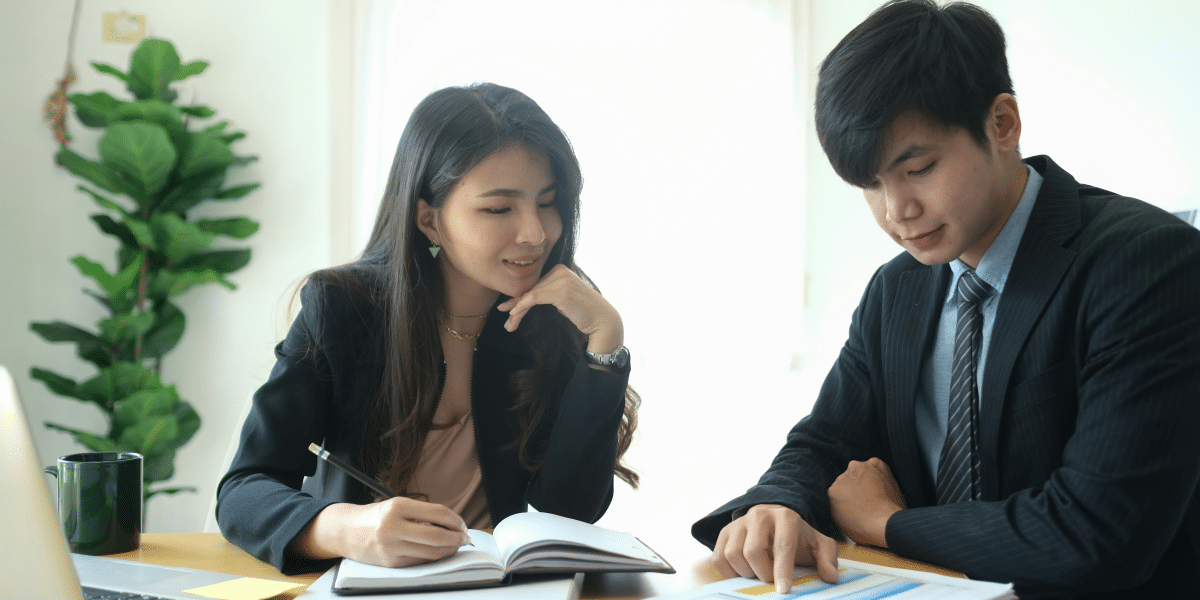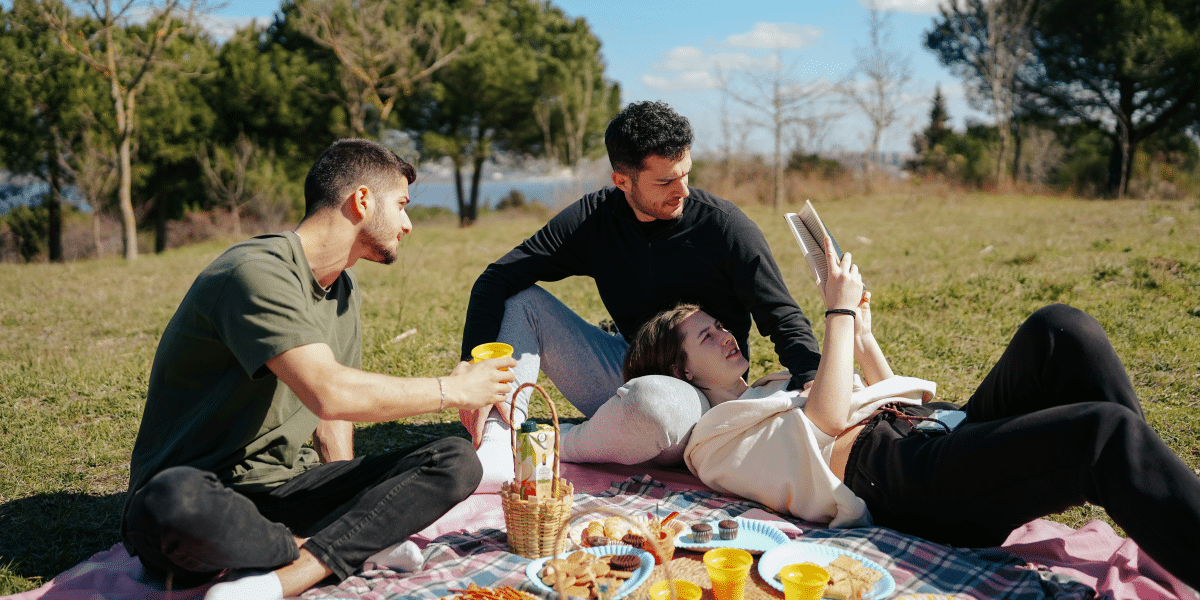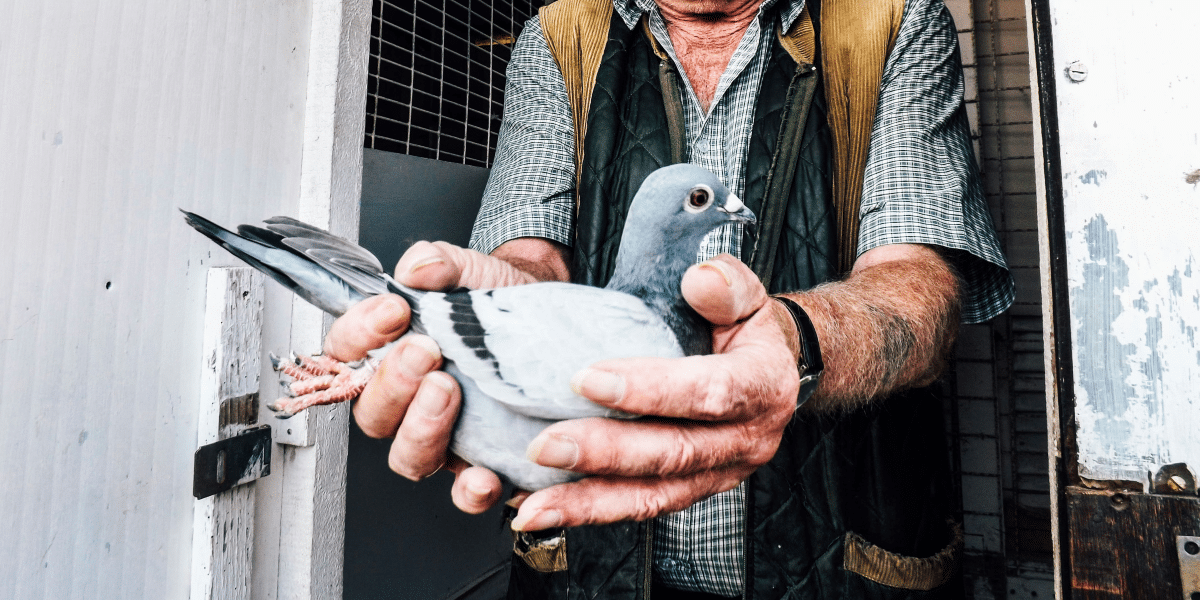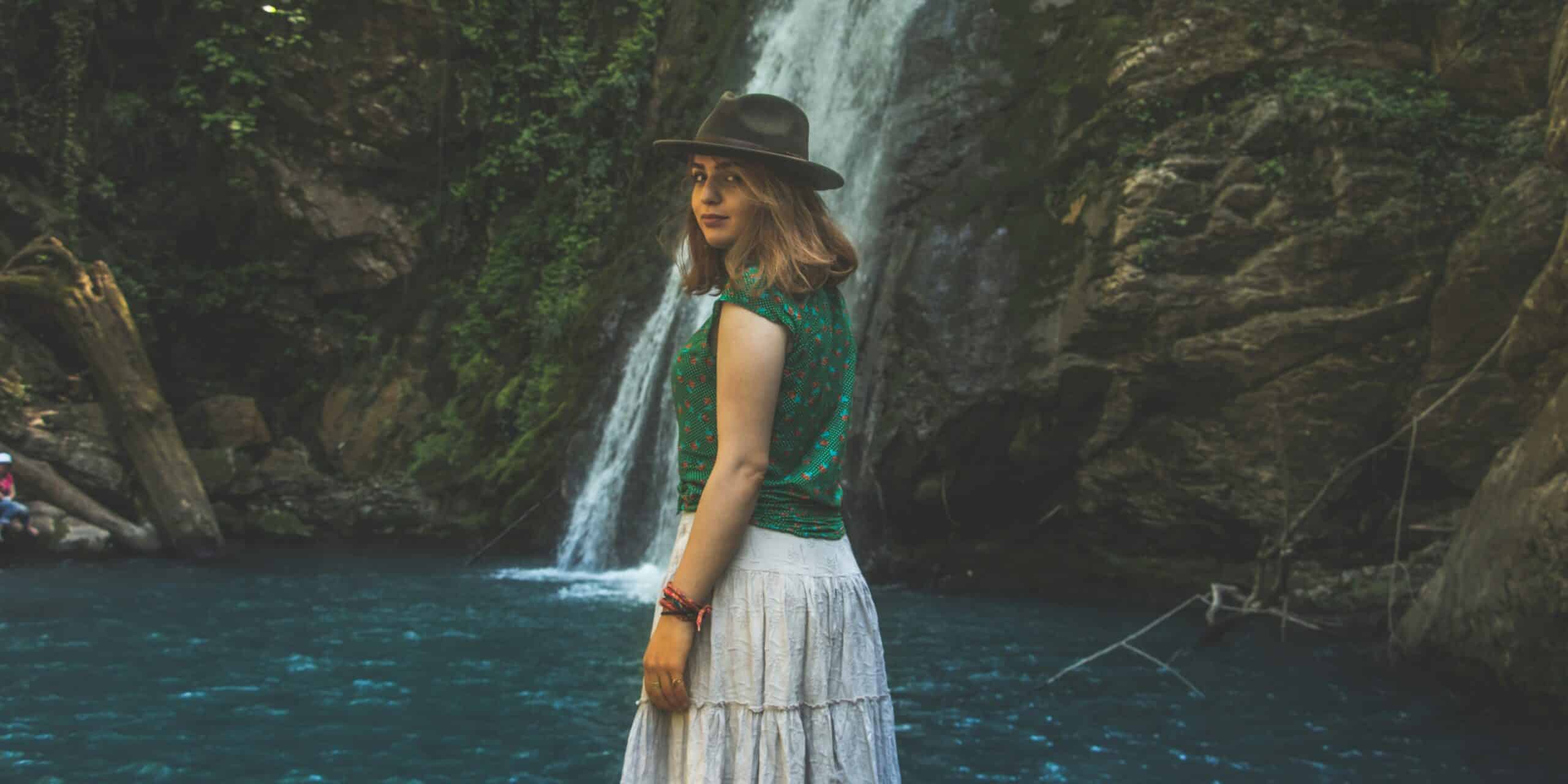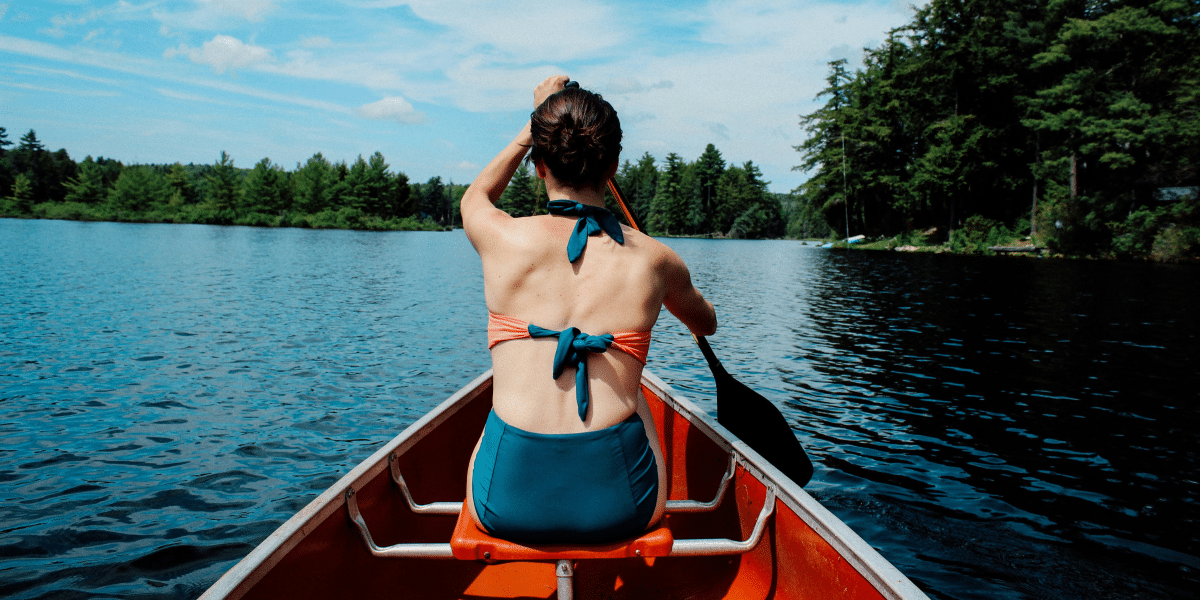Why Is It Important to Protect Your Eyes During a Solar Eclipse?
With an upcoming solar eclipse, there’s growing excitement about witnessing this rare astronomical event. While eclipses are a remarkable spectacle, it’s critical to remember that looking directly at the sun during a solar eclipse without proper protection can lead to severe eye damage. Staring at the sun, even when it’s partially obscured by the moon, can cause retinal damage known as solar retinopathy, which may lead to permanent vision problems. Understanding how to safely view the eclipse is essential for protecting your eyesight.
The primary risk comes from the intense ultraviolet (UV) rays emitted by the sun. During a solar eclipse, the temptation to look up at the sky is strong, especially as the moon partially or fully covers the sun. However, the sun’s rays can still cause damage to the sensitive tissues of the eye. Many people mistakenly believe that it’s safe to look at the sun during an eclipse because the light appears less intense. But the truth is, UV radiation can still harm the retina, and the damage might not be noticeable until hours later, leading to blurred vision or blind spots.
The good news is that with the right precautions, you can safely enjoy the solar eclipse without risking your eyesight. Whether you’re planning to watch it in person or through a live broadcast, knowing how to protect your eyes is crucial for making the experience both enjoyable and safe.
How Can You Safely View a Solar Eclipse?
To safely view a solar eclipse, it’s important to use specialized solar viewing glasses or other proper eye protection. Regular sunglasses, even the darkest ones, are not safe for looking directly at the sun. Solar viewing glasses are specifically designed to block harmful UV and infrared rays, reducing the intensity of the sunlight to a safe level. These glasses must meet the ISO 12312-2 international safety standard for direct solar viewing.
If you’re planning to purchase solar eclipse glasses, make sure they come from a reputable source. In recent years, there have been reports of counterfeit eclipse glasses that don’t meet safety standards. To ensure you’re getting a legitimate product, buy from well-known retailers or check that the glasses are certified with the appropriate safety label. Avoid using damaged or scratched glasses, as they won’t provide adequate protection.
For those who don’t have access to eclipse glasses, another safe option is using a pinhole projector. This simple device allows you to view the eclipse indirectly by projecting an image of the sun onto a flat surface. To make a pinhole projector, all you need is a piece of cardboard with a small hole punched in it. By holding the cardboard up to the sun and allowing the sunlight to pass through the hole, you’ll see the sun’s image on the ground or another surface behind the cardboard. This method provides a safe and easy way to watch the eclipse without looking directly at the sun.
Another indirect method for viewing the eclipse is by using solar filters on cameras, telescopes, or binoculars. It’s important to never look at the sun through any of these devices without certified solar filters, as the magnified sunlight can cause even more damage to your eyes. Solar filters are designed to fit over the lens and block the harmful rays, allowing you to safely capture the eclipse through photography or observe it with magnification.
If you’re planning to view the eclipse with children, extra caution is needed. Make sure they understand the importance of wearing their eclipse glasses or using the indirect viewing methods. Supervision is key to ensuring that they don’t accidentally remove their glasses while looking at the sun.
What Should You Avoid During Eclipse Viewing?
There are several common mistakes that people make during eclipse viewing, and avoiding these can help prevent eye damage. First and foremost, never look at the sun directly without proper eye protection. Even during a partial eclipse or while the sun is mostly covered by the moon, the uncovered portion of the sun can cause serious damage to your retina. It’s crucial to resist the urge to take a quick glance, as even a brief exposure can be harmful.
Another important point to remember is that ordinary sunglasses are not enough. Many people believe that simply wearing dark sunglasses will protect their eyes during an eclipse, but this is not the case. Regular sunglasses don’t block enough of the sun’s harmful rays to make direct viewing safe. Only glasses specifically designed for solar viewing, which meet ISO safety standards, should be used.
If you’re using a camera, binoculars, or a telescope to view or photograph the eclipse, make sure these devices are equipped with solar filters. These filters must be placed over the front of the lens to block out the harmful rays before they enter the device. Looking through these devices without a solar filter can be even more dangerous than viewing the eclipse with the naked eye because they intensify the sunlight.
Additionally, don’t rely on phone or camera screens to safely view the eclipse without proper eye protection. While it may seem safer to look at the sun through your phone’s screen, the device doesn’t filter out UV rays, and it’s easy to accidentally glance at the sun directly. Instead, use a proper solar filter or eclipse glasses to view the event or capture it safely.
Finally, avoid using any improvised filters, such as exposed film, CDs, or tinted glass, to look at the eclipse. These materials are not designed to block harmful rays and won’t provide adequate protection for your eyes. Stick to certified solar viewing glasses or indirect viewing methods to ensure your safety.
Safely viewing a solar eclipse requires the use of proper eye protection and knowledge of the risks involved. By using certified solar glasses, pinhole projectors, or solar filters on your devices, you can fully enjoy the beauty of the eclipse without risking your vision. Whether you choose to watch it directly or use an indirect method, following these guidelines will ensure that your experience is both safe and unforgettable.


